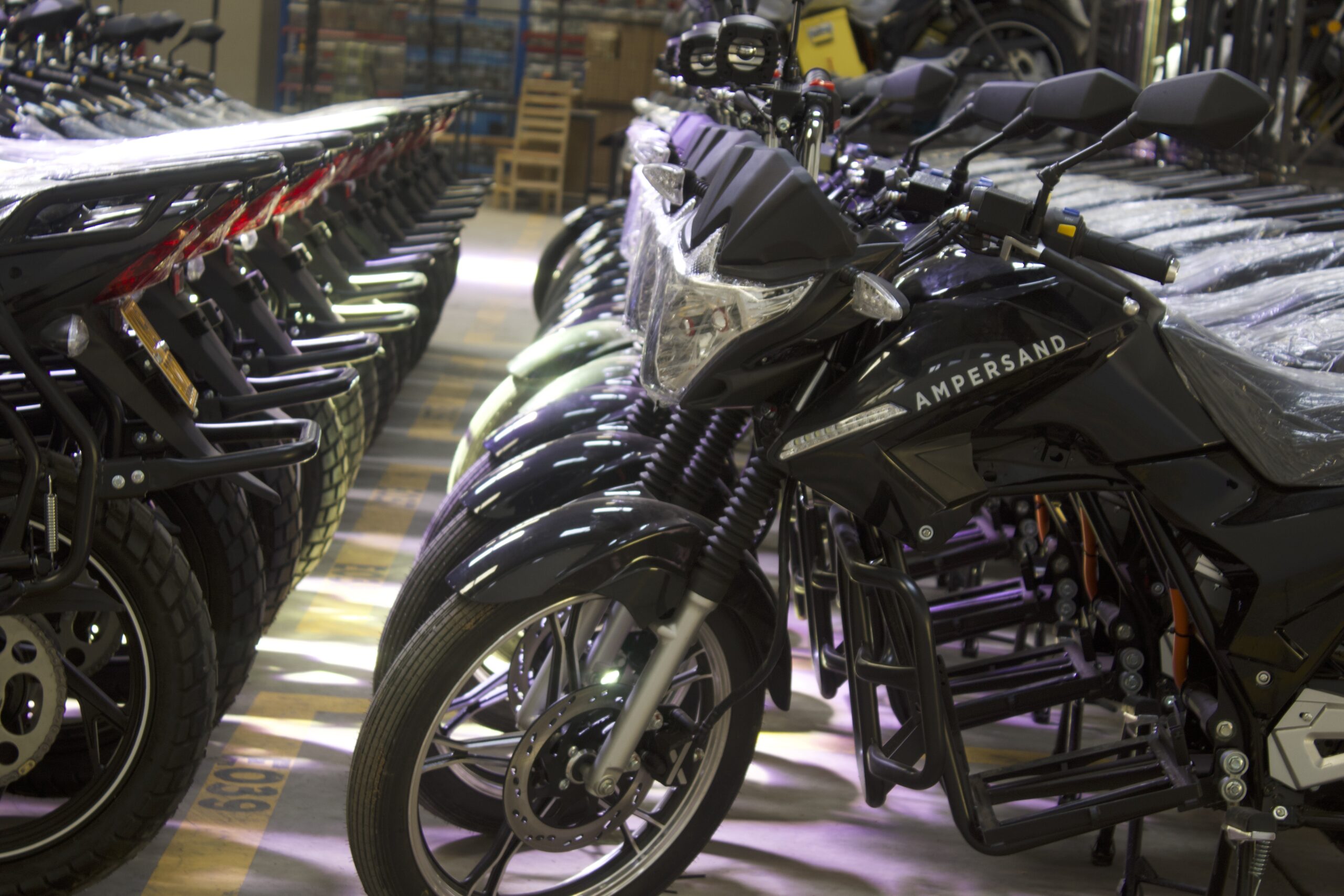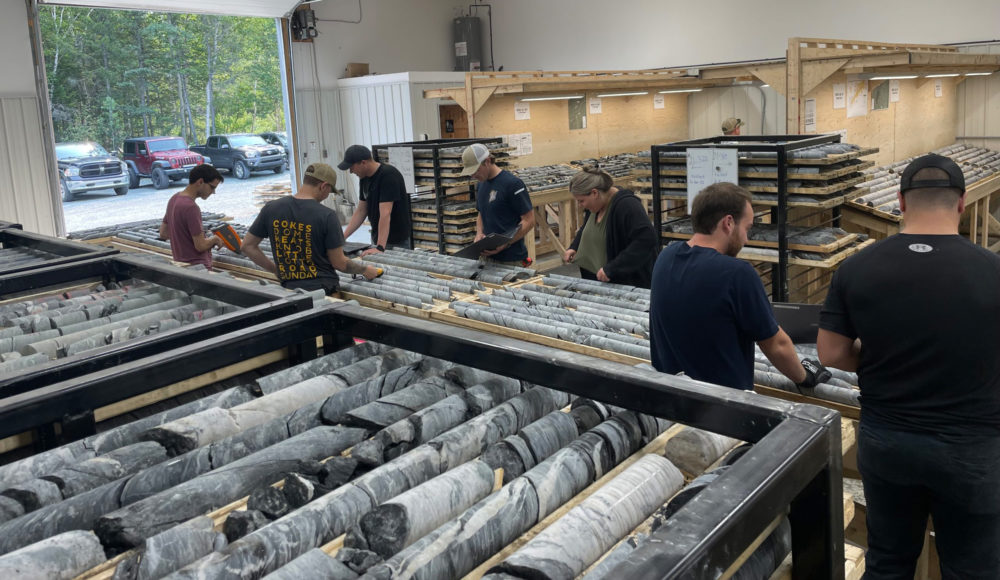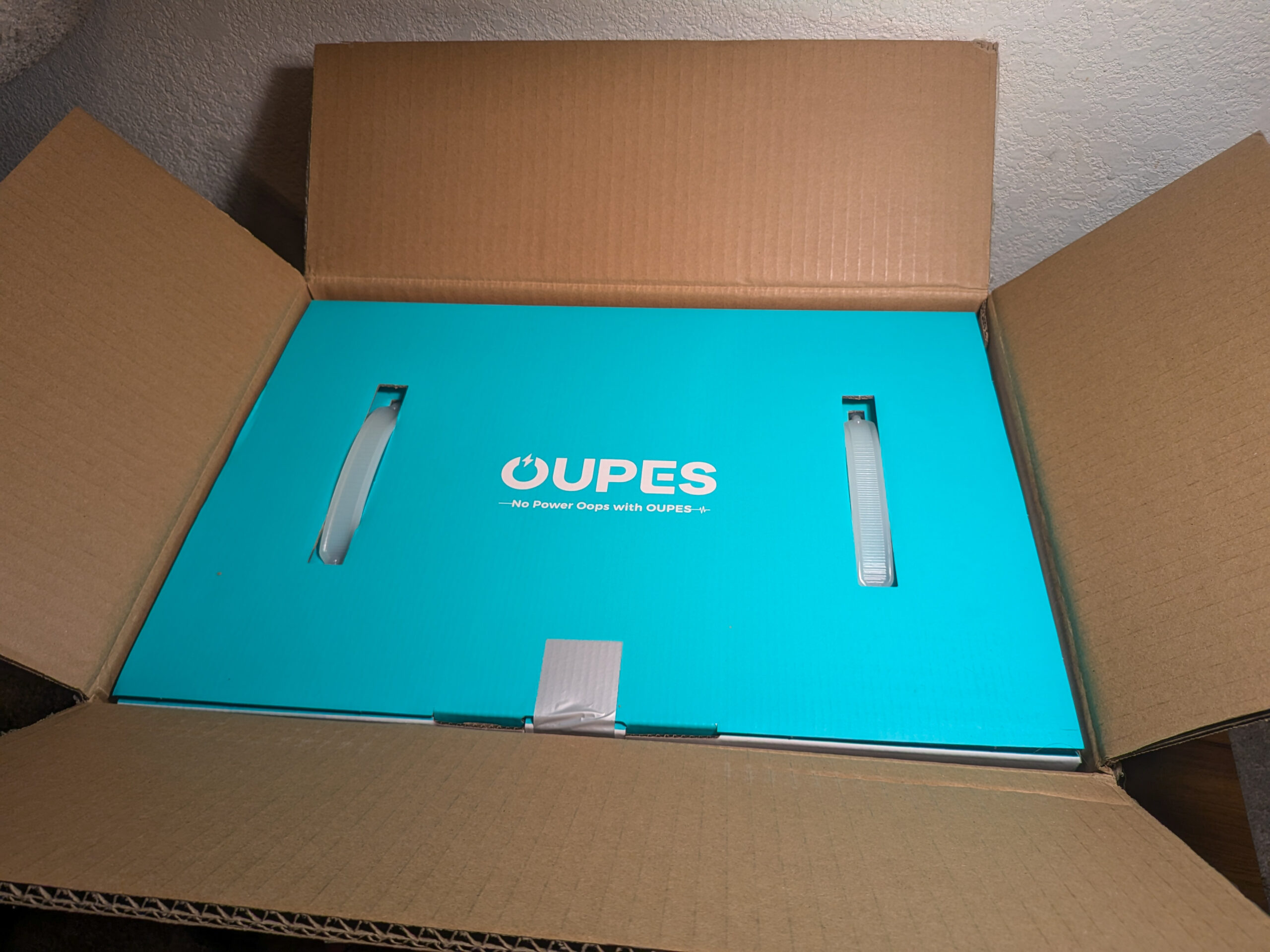Sign up for daily news updates from CleanTechnica on email. Or follow us on Google News!
New Nairobi factory triples production capacity in Kenya, fueling the county’s transition to electric motorcycles. Ampersand now has 1150 bikes on the roads of Nairobi.
There are over 2 million internal combustion engine motorcycles in Kenya. Motorcycles are mainly used as public transport vehicles in Kenya. These motorcycle taxis are popularly known as boda bodas. The motorcycle taxi industry is a vital segment of Kenya’s economy. Transitioning this sector to electric will make a huge difference in the pockets of the owners of the bikes as well as the riders. Many of the startups that are active in Kenya’s electric motorcycle ecosystem are offering innovative financing arrangements, including models where one can buy the motorcycle and then rent the batteries, reducing the upfront costs. Range anxiety fears are also eliminated by offering battery swap services.

Electric motorcycles are starting to gain significant traction in Kenya in terms of adoption. 2023 was the first time that Kenyan motorcycle sales saw a noticeable increase in terms of the share of overall motorcycle sales. In 2023, there were 70,691 motorcycles sold in Kenya. 2,557 of these were electric. That means 3.6% of motorcycles sold in 2023 in Kenya were electric. That is almost 4%! Soon the market share will reach the critical 5%, which is generally viewed as the tipping point indicating the start of mass adoption. The share of electric motorcycles rose to 3.6% in 2023 from 2.8% in 2022 and 0.5% in 2021.
There is more good news for the Kenyan electric motorcycle sector. Ampersand, one of Africa’s leading electric vehicle (EV) and energy tech companies, has just announced the opening of a new, larger manufacturing facility in Nairobi, tripling the company’s production capacity in Kenya. This strategic expansion enables it to meet the rapidly increasing demand for electric motorcycles in the country, where over 1,100 Ampersand e-motos are already in operation.

The new factory spans 21,000 square metres, making it over three times larger than the previous 6,500-square-metre site. This significant upgrade, coupled with the deployment of over 100 staff, will allow Ampersand to assemble up to 60 electric motorcycles per day, or 1,440 per month, as well as continue delivering the most trusted battery swap network for Kenya’s millions of commercial motorcycle riders.
Ampersand’s sustainable EV solutions cut carbon emissions and offer significant savings to riders. Every Ampersand e-moto avoids at least 2 mt CO2e per bike per year, and, on average, increases customer income by 45% annually, a vital benefit for Kenyan riders, who each support an average of 3.8 people at home.
The enhanced Kenyan operation, combined with Ampersand’s successful model in Rwanda where it has spearheaded the adoption of electric motorcycles, lays a strong foundation for its continued expansion across East Africa. Currently, Ampersand’s fleet of heavy-duty commercial e-motos and smart, AI-optimised batteries covers over 4.5 million kilometres per week in Kigali and Nairobi combined. This latest scaling positions the company to meet growing demand for electric motorcycles, not just in Kenya but across East Africa, where 100 million people depend on largely petrol motorcycles for taxi or delivery services. Ampersand aims to deploy 5 million electric motorcycles by 2033.
“Our new Nairobi factory is a major step forward in both scale and impact,” said Josh Whale, CEO of Ampersand. “It reflects our dedication to providing sustainable, affordable EV solutions that directly benefit riders and the environment. With this expanded capacity, we’re in a stronger position to support the electrification of Africa’s commercial motorcycle transport and to scale Ampersand’s proven business model.”
Ampersand now has more than 4,000 zero emission e-motos in East Africa, which the company says cost less to run, delivering life-changing savings for its customers, cleaning up air quality, and improving people’s health. The company is further scaling its climate-led innovation and customer-centric services to more businesses and markets.
The transition to electric mobility in Africa, especially in sectors such as the 2-wheeler and 3-wheeler space, will happen a lot faster than a lot of people realise. Exciting times ahead.

Chip in a few dollars a month to help support independent cleantech coverage that helps to accelerate the cleantech revolution!
Have a tip for CleanTechnica? Want to advertise? Want to suggest a guest for our CleanTech Talk podcast? Contact us here.
CleanTechnica uses affiliate links. See our policy here.
CleanTechnica’s Comment Policy




